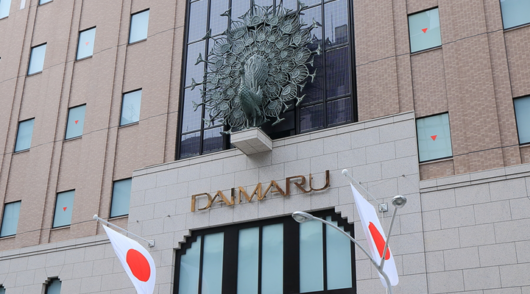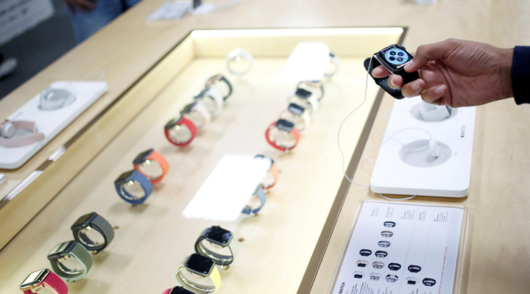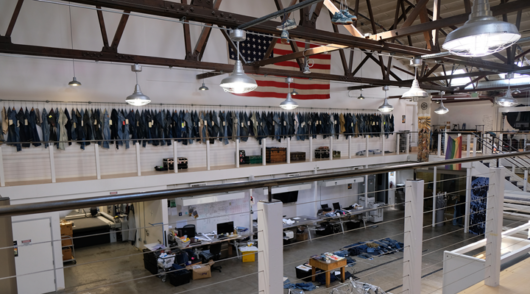DHL Supply Chain is delighted to sponsor the category of Omnichannel Retailer of the Year for retailers in Australia and New Zealand – an accolade that recognises retailers at the forefront of excellence in customer experience.
In the new retail economy, retailers are under pressure to optimise supply chain efficiency and provide seamless service for customers via multiple channels. The importance of delivering service excellence, irrespective of where or how the consumer makes their purchase has always been a priority for DHL, which is why this partnership is so significant.
The retail sector is contending with an increasingly complex and dynamic environment. Retailers are seeking innovative ways to maximise operational efficiency while also enhancing the experience for their end customers – who are also facing rising costs and potentially reducing their retail spending as a result.
Automation and the power of data
One of the key trends driving change in the sector is the integration of automation into the supply chain. Goods-to-person solutions and platforms such as AutoStore, the market’s fastest automated storage and retrieval system, are becoming increasingly prevalent, reducing costs and improving employee safety.
Technologies like Automated Mobile Robots (AMRs) not only enhance operational capacity but also optimize inventory management, making the supply chain more efficient and resilient while improving working conditions and productivity for employees in the supply chain.
Data analytics, often linked with automation, are proving to be a powerful tool for supply chain visibility and inventory management. Tools like Power BI data dashboards enable critical insights, driving efficiencies and enabling better decision-making in an increasingly dynamic retail environment.
Packaging and sustainability
Packaging solutions are undergoing a transformation as well, with a focus on reducing environmental impact and transportation costs. Innovations such as cardboard wrap-around machines, for example, are minimising packaging waste while simultaneously enhancing the customer experience with print-on-demand technology.
Sustainability is also a significant consideration. According to Future Market Insights, the returnable packaging market worldwide is set to grow from US$129.7 billion in 2024, to $248 billion in 2034, with sustainable alternatives gaining traction in Australia. Adopting this approach not only reduces environmental impact but also frees up staff time away from processing waste packaging and towards more customer engagement.
This also feeds into a general focus on environmental, social, and governance (ESG) measures, with retailers aligning their operations with customer expectations for environmentally conscious solutions. Strategies like the use of environmental dashboards, solar power, recycling, waste management, and rainwater capture are being adopted to reduce carbon emissions and contribute positively to the environment.
Faster delivery and the personal touch
Retailers are striving to get closer to their customers to ensure efficient delivery and a better return process. Stock holdings are being split across capital cities to tighten delivery SLAs and achieve next-day or sometimes same-day delivery – not always possible in Australia given geographical challenges.
Simultaneously, value-added services such as engraving, gift wrapping, embossing, and monogramming are increasing in popularity, enhancing the overall customer experience.
The retail sector is undergoing a revolution, driven by innovation, automation, and sustainability. The integration of these key trends is reshaping the landscape, delivering enhanced customer experiences, and making a positive contribution to the environment. Retailers who embrace these changes will be well-positioned for success in the challenging landscape of 2024 and beyond.
- To find out more about tailor-made solutions for your growing supply chain, click here and let’s talk solutions.






